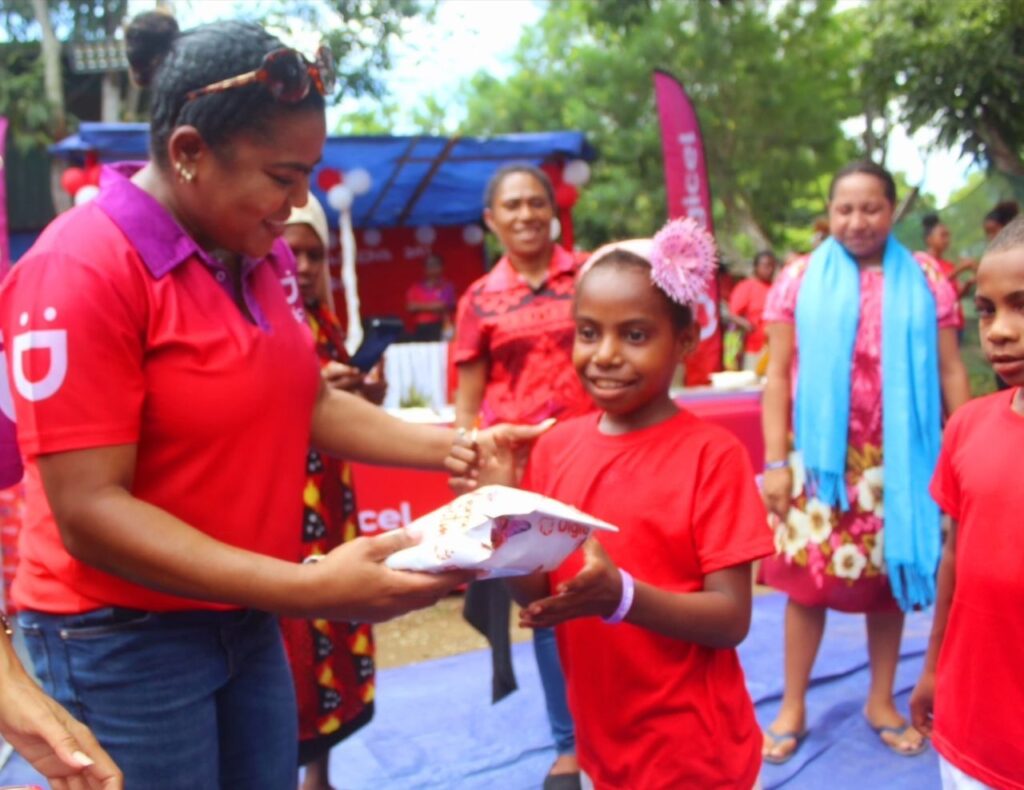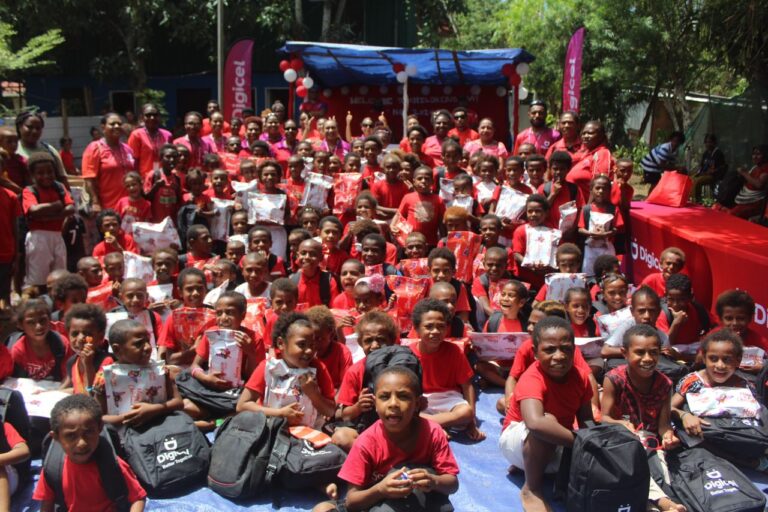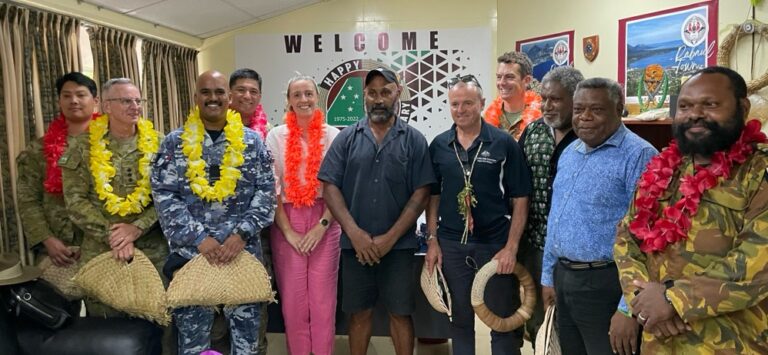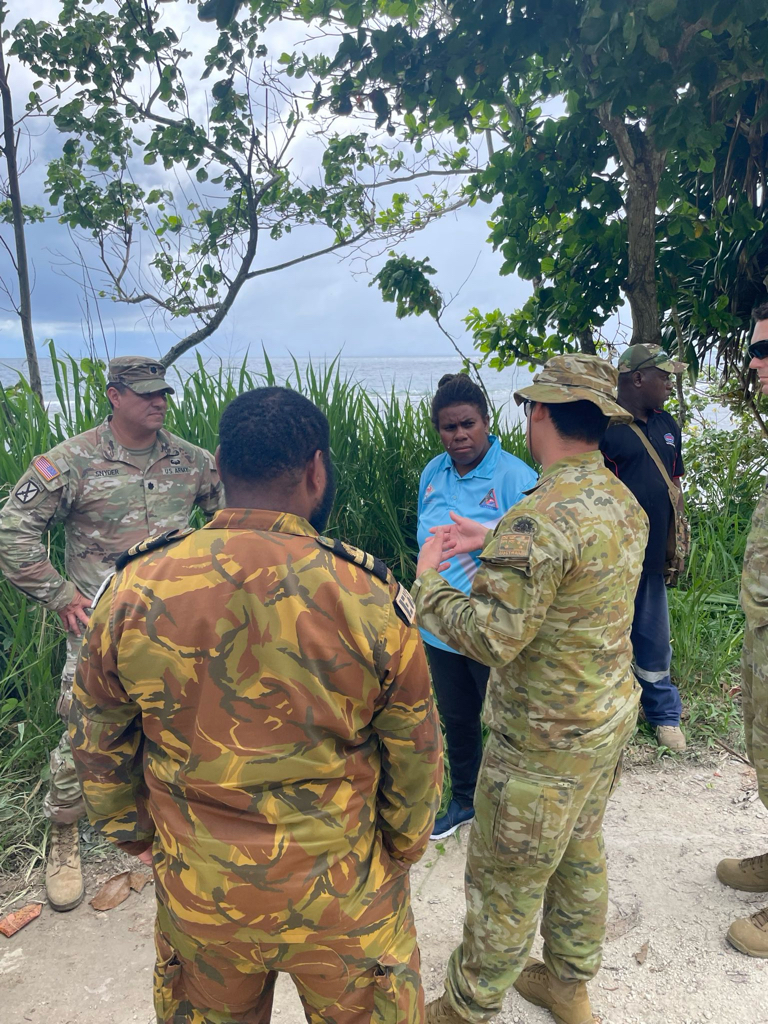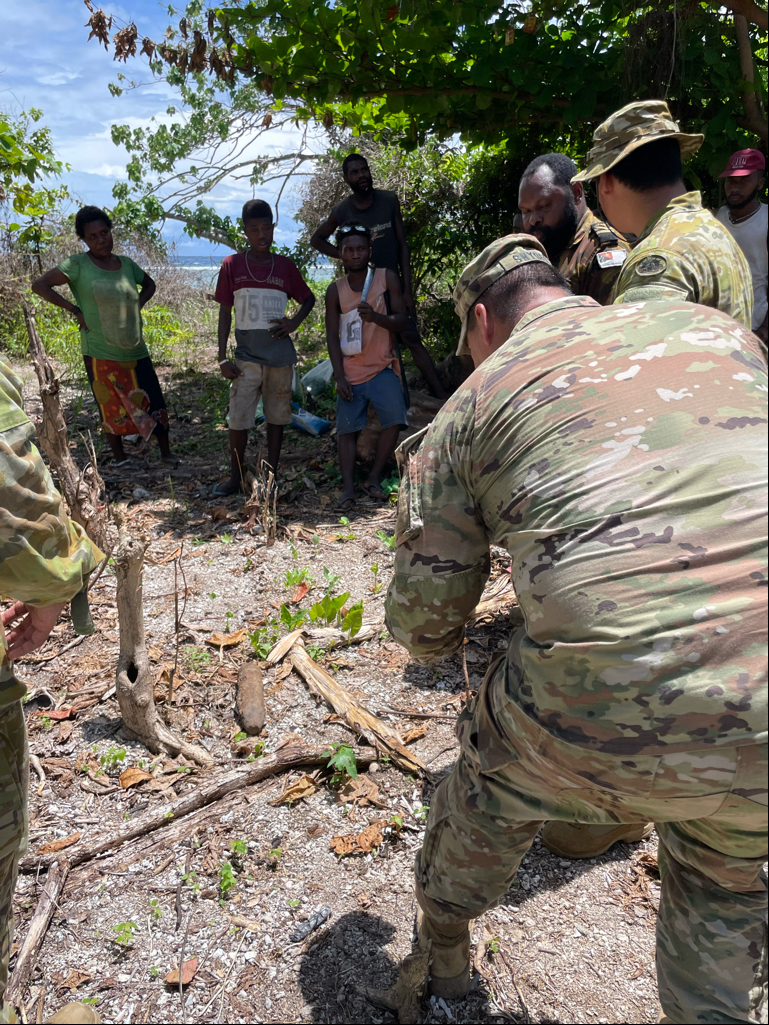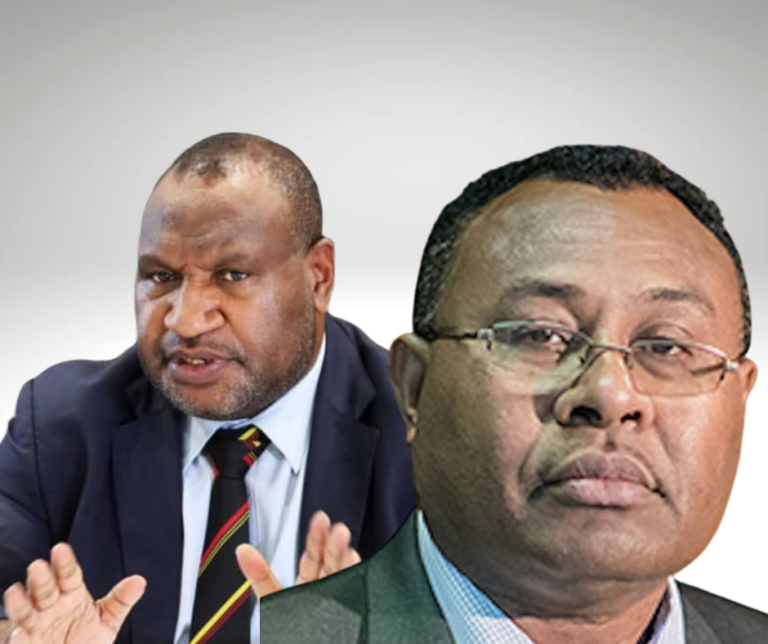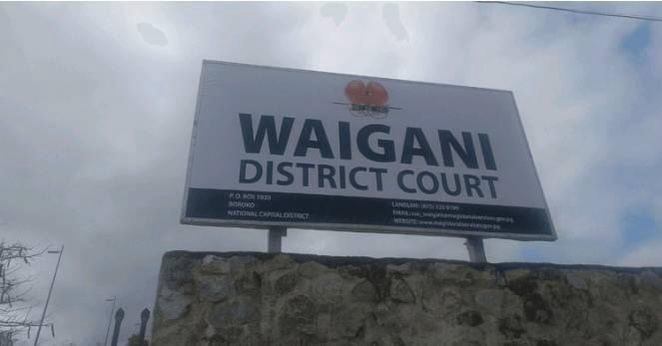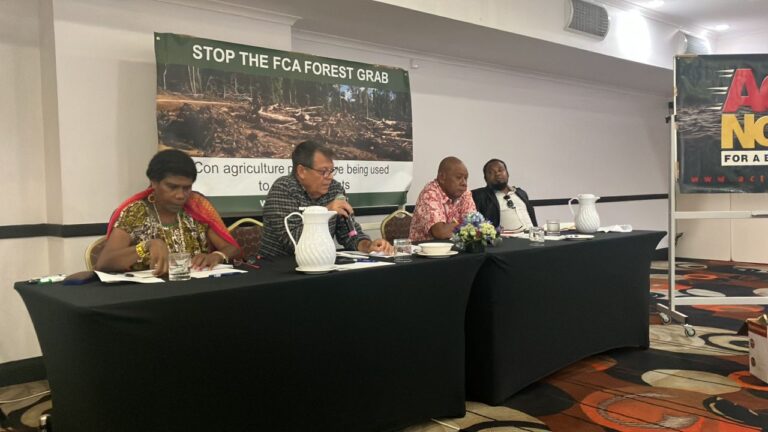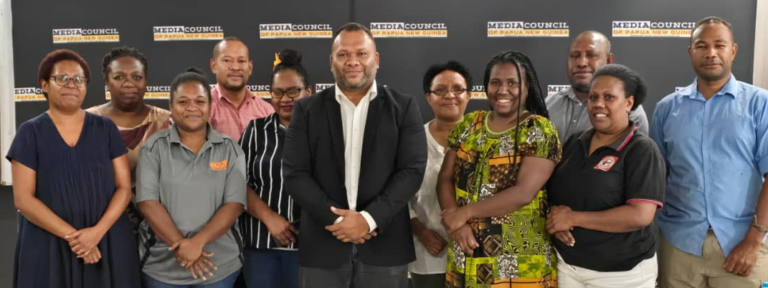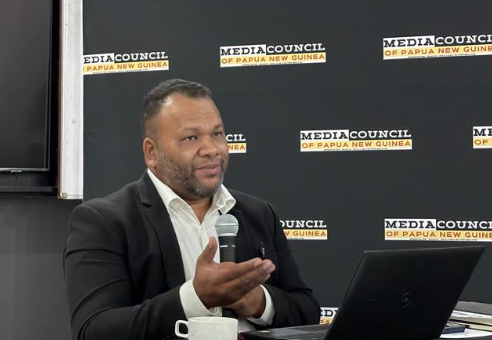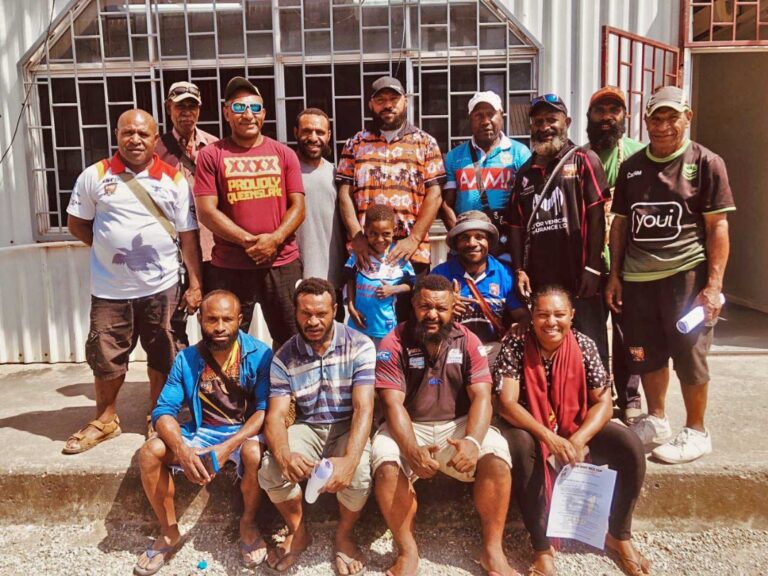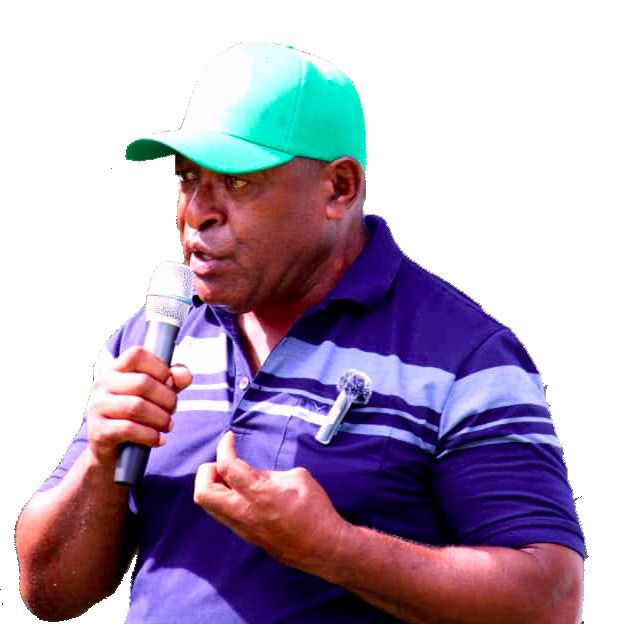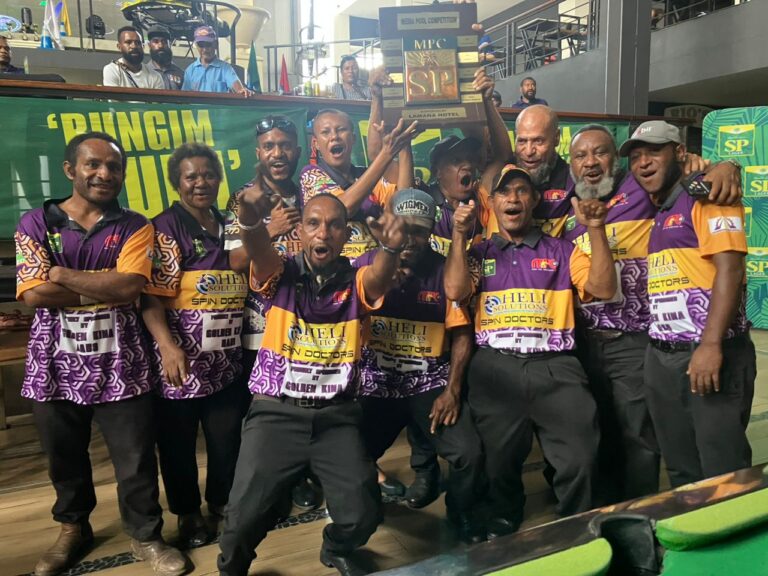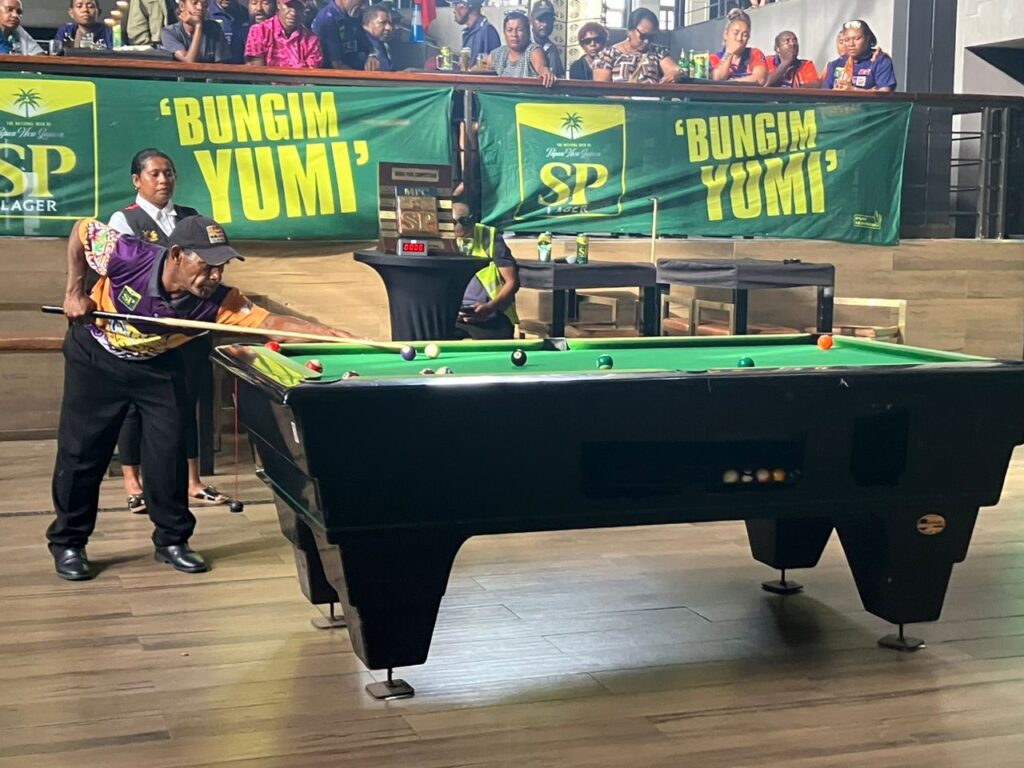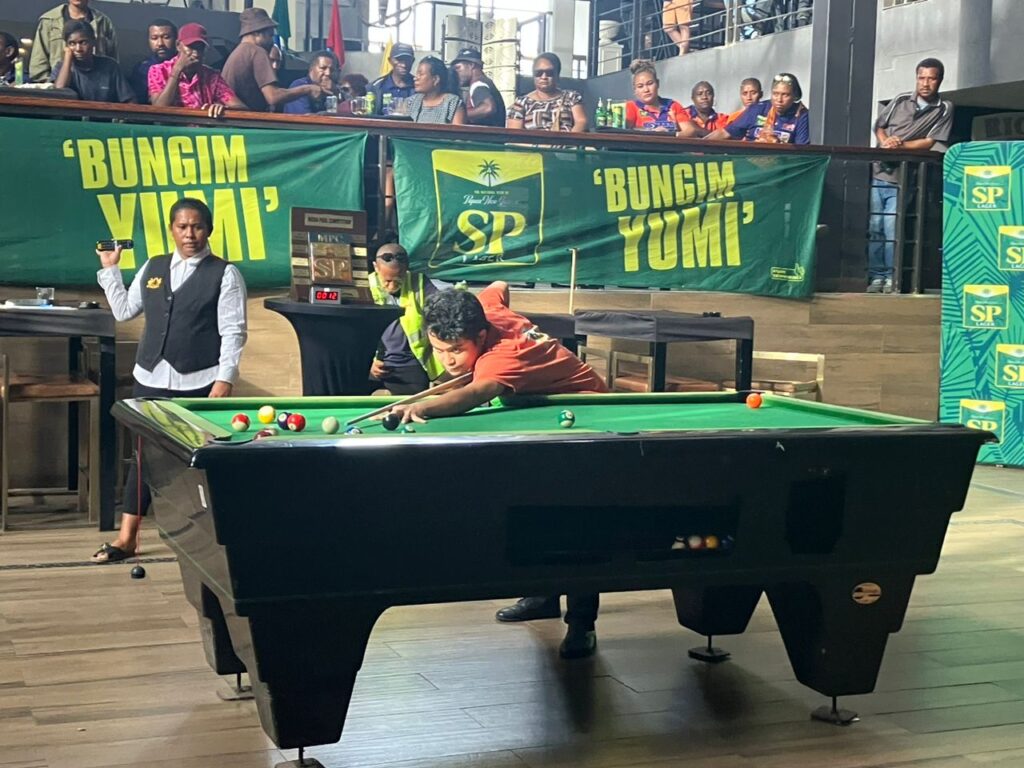LEADER of the Opposition, Douglas Tomuriesa has called out Prime Minister James Marape for his defence of bloated Government numbers in passing so-called important legislation.
Tomuriesa said Marape should not use his 90-plus majority to swindle the people of Papua New Guinea that he needs a large Government to serve the country.
“If Mr Marape devoted more time to fixing this country instead of political grandstanding and forcing MPs in the Opposition to join Government just so they receive public funds, he would not need to lead a Government of 90-plus MPs,” he says.
“Mr Marape was one of the longest serving leaders of government business, so he should know that parliamentary voting in its purest form is singular, as every MP has one vote each. What Mr Marape is basically telling the people is by having a large number of MPs in Government, he will control their conscience and their voting preferences because he is in charge,” he said.
Tomuriesa also highlighted that in the Westminster system, having all 118 MPs in Government for example should not be a deciding factor for passing legislation, unless MPs just blindly vote in favor for whatever that is put in front of them.
He further added that the Prime Minister does not need a full 79 or 89 MPs to sit in Government in order to pass legislation or amendments.
“If amendments hold merit, are of genuine value to the country, and have been considered appropriately by the people, then I am certain Opposition MPs would be obliged and more than happy to demonstrate bipartisanship and support such reforms.”
Mr Tomuriesa made it clear that while the Opposition caucus does have its own deliberations about how its MPs should vote on a certain matter, there is always an understanding that if MPs wanted to vote a certain way, they had the right to do so.
“As demonstrated in previous sittings, Opposition MPs always voted based on their individual conscience and principles,” he says.
“Marape has proven himself to be the head of that Government over the last five years and does not deserve another day in power.”
Meanwhile, Prime Minister James Marape has dismissed claims made by the Opposition that his government is withholding funds to districts and provinces represented by Members of Parliament who are in the Opposition.
The Prime Minister said as soon as Finance Department makes available printout of the funding, he would have the distribution in service development funds of District Services Improvement Program (DSIP) and Provincial Services Improvement Program (PSIP) published for the public to see.
Prime Minister Marape, in turn, criticised Members of the Opposition who have taken to the media to air their frustration adding that his government does not weaponize the budget to discriminate against Members of Parliament.
“This Pangu-led Government knows our responsibility to the country. Since 2019, our budget use is clear evidence of how we distribute funding,” Marape stated.
The Prime Minister further reiterated that all districts and provinces, whether they are in the Opposition or Government, receive their DSIP and PSIP.
Furthermore, he says that his Government supports all provinces in their functional grant and monies for all Provincial Health Authorities.
“We allocate fairly to all. When cash flow is available, we remit the funds that we collect,” he said.
PM Marape said Members in the Opposition take to social media to sensationalize government matters to get out political mileage yet have no courtesy to acknowledge Government when they receive these funds.
“Once these funds are delayed slightly, they go mouthing off to rally public sympathy but hardly will you see them acknowledge Government for the granting of these monies for their districts and provinces,” he said.
The Prime Minister further explained that since 2019, a large amount of funding has been transferred from Waigani under his administration to provinces and districts, yet local MPs and provincial governors are not held accountable for non-delivery of services in their districts and provinces.
